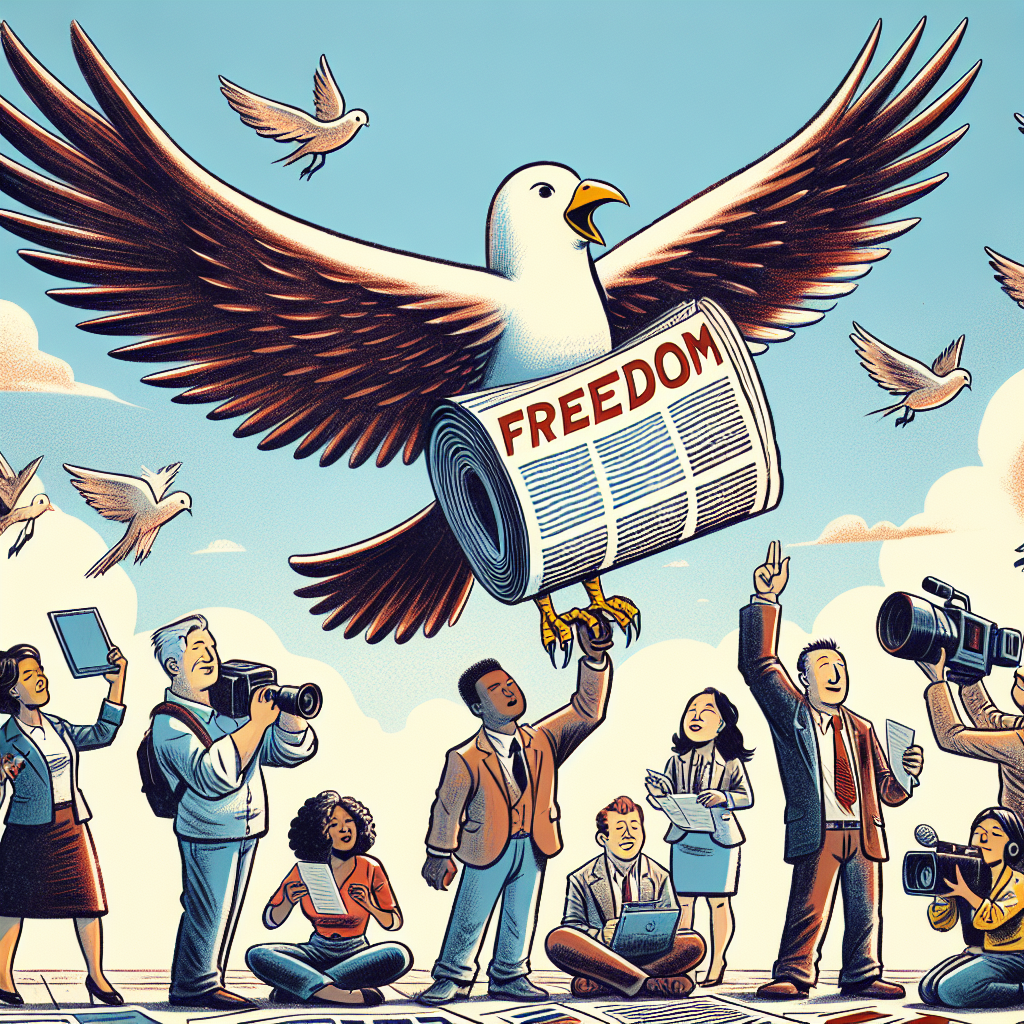UN Warns Global Decline in Free Expression Threatens Electoral Integrity
“Undermining freedom of expression in the name of fighting disinformation is short-sighted and counterproductive,” Khan said.

In a stark warning to the international community, Irene Khan, the UN Special Rapporteur on freedom of opinion and expression, told the Human Rights Council that the global erosion of freedom of expression is not only undermining human rights, but also threatening the very legitimacy of elections worldwide. Presenting her latest report, Khan stressed the urgent need to reverse declining standards of free speech to safeguard democratic institutions and electoral integrity.
“Polarised politics in backsliding democracies, social media platforms awash with disinformation and hate speech, and a media sector too weak to debunk the lies have imperilled both freedom of expression and the right to vote,” Khan stated.
The Digital Dilemma: Disinformation and Social Media Amplification
Khan emphasized that while electoral disinformation is not a new phenomenon, digital technology and global social media platforms have transformed its reach and impact, allowing false narratives to spread more rapidly and widely than ever before.
She pointed to alarming trends observed during recent elections:
-
Vilification of minorities and marginalized groups
-
Targeting and harassment of women in politics
-
Discrediting of electoral officials and institutions
-
Delegitimization of verified electoral outcomes
-
Attacks on independent journalism and fact-checking efforts
Khan condemned the role of public figures, noting that many politicians and officials are weaponizing their freedom of expression to incite hatred and undermine public confidence, while simultaneously accusing regulators of censorship when their harmful speech is challenged.
“The advocacy of hatred to incite violence, rampant on some campaign trails and platforms, is prohibited under international law—even when it masquerades as political speech,” she emphasized.
Governments: Part of the Problem or the Solution?
The report highlights a disturbing pattern of States using disinformation laws to silence critics, criminalize dissent, and restrict access to independent information under the guise of combating “fake news.” While some nations have adopted best practices to protect freedom of expression, others have:
-
Denied access to public information
-
Intimidated and arrested journalists
-
Outlawed political expression
-
Eroded media freedom and pluralism
“Undermining freedom of expression in the name of fighting disinformation is short-sighted and counterproductive,” Khan said.
The Special Rapporteur called for laws and policies that uphold international human rights standards, warning that information suppression does more harm than good, especially during election periods when citizens need accurate information to make informed decisions.
Platforms Must Put People Over Profit
Khan expressed grave concern about recent policy changes by social media giants and search engines. She criticized them for rolling back safeguards for electoral integrity, transparency, and misinformation risk management—often motivated by political pressure, profit motives, or technological expediency.
“At a time of rising hate and lies, I am alarmed that major platforms are reversing progress on safety, transparency, and election protection,” she said.
Khan urged these companies to prioritize human rights and user safety, noting their critical role in the digital public square and their power to influence political discourse.
Reviving the Media Ecosystem
A healthy media environment is fundamental to democratic resilience, Khan asserted. Yet, globally, media freedom, diversity, and independence are in decline, particularly in contexts where economic crises, state control, or violence against journalists prevail.
“Democracies need a vibrant and diverse media sector,” Khan insisted. “Governments must urgently protect press freedom and create conditions for independent journalism to thrive.”
She advocated for multi-stakeholder strategies, including government, private sector, and civil society collaboration, to rebuild trust and combat toxic information environments.
Trust Deficit and the Way Forward
One of the most urgent issues, according to Khan, is the public’s waning trust in the integrity of elections and information systems. Misinformation campaigns, political interference, and media capture have led to growing skepticism around electoral outcomes—even in established democracies.
“Public trust in the integrity of elections is at an all-time low. We must close this trust deficit, and that requires collective action,” she warned.
Khan called on:
-
States to uphold international human rights standards
-
Technology companies to enforce transparent and rights-based content moderation policies
-
Civil society and media to defend the public’s right to know and challenge disinformation with credible facts
Country Reports: The Philippines and Zambia
In addition to her global report, Khan presented findings from recent country visits to the Philippines and Zambia, both of which are grappling with significant challenges related to media freedom, online disinformation, and political expression. Though specific details were not elaborated in her speech, the reports are expected to provide deeper insights into national practices and areas of concern.
A Global Imperative to Protect Expression
As elections remain a defining feature of democratic societies, Khan’s report offers a sobering reminder: without robust protections for freedom of expression, electoral integrity and democracy itself are at risk.
“Freedom of expression is not only a right—it is the lifeline of democracy,” Khan concluded.










